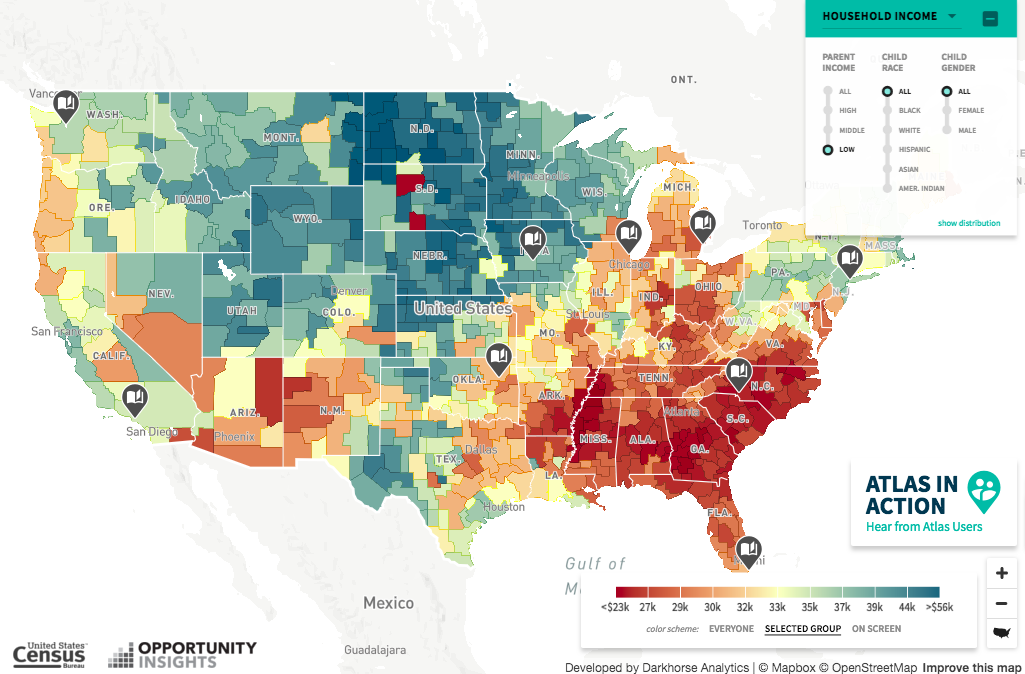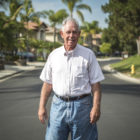Poverty
Judge sees progress in state efforts on Medicaid, SNAP
|
U.S. District Judge Kenneth Gonzales laid out the stakes in a long-simmering lawsuit over the Human Services Department’s record of denying food stamp and Medicaid benefits to eligible New Mexicans during a status hearing Thursday at the federal courthouse in Las Cruces. U.S. District Judge Kenneth Gonzales
He’d visited the HSD office on Utah Street in Las Cruces where he had looked over cases with a front-line worker there. One client was a single mom with two kids under 6. She’d lost SNAP benefits because she had not submitted documents that apparently were already in the system. Then her family lost Medicaid benefits, even though they weren’t up for renewal, because of the decision on food stamps — something that violates federal rules.








